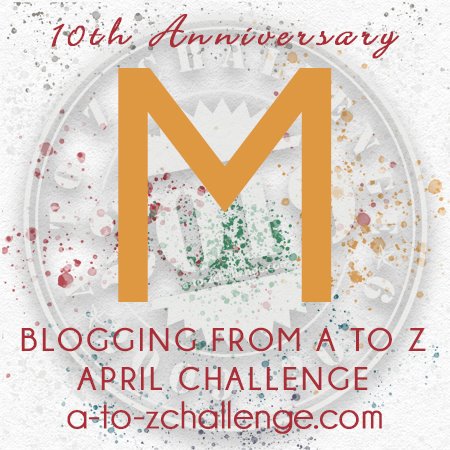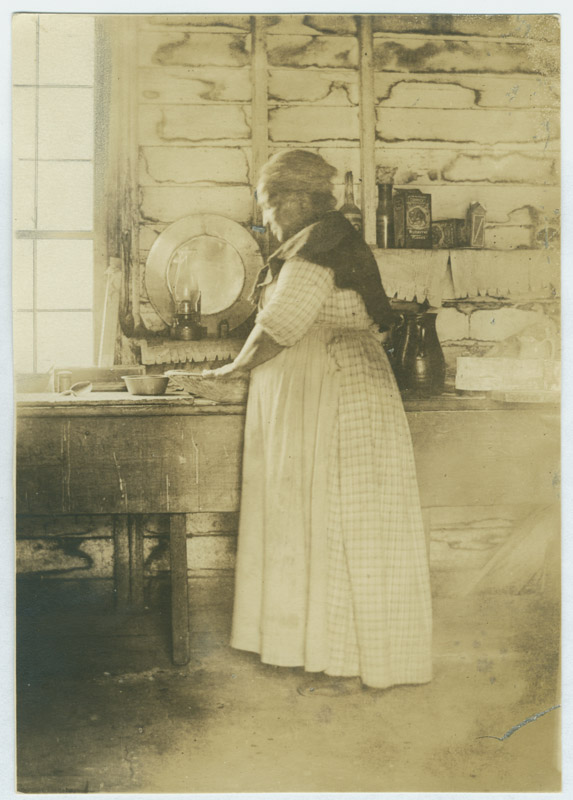
This is my 7th year participating in the A to Z Challenge. In the 2015 challenge, I wrote about the Cleages formerly enslaved on the plantations of Samuel and his sons Alexander and David Cleage of Athens, McMinn County, Tennessee. Most of the people in these posts are not related to me by blood or DNA, however my ancestors were enslaved on the same plantations with them.
Late last year, I ordered the Civil War Pension files of the Cleage men who served in 1st Regiment, United States Colored Heavy Artillery (USCHA), during that war. Through these files I learned that their lives were much richer and more complex than census, death and other records can show. I am using the information from pension files and records that I found through the pension files for this years challenge.
Deposition A
The Case of Martha Cleage, No. 898,476
On this 18 day of February, 1909, at Athens, County of McMinn
State of Tenn., before me, N. H. Nicholson
Special examiner of the Bureau of Pensions, personally appeared Martha Cleage, who being by me first duty sworn to answer truly all interrogations propounded to her during this special examination of aforesaid claim for pension, deposes and says:
I am 65 (?) years of age; my post office is Athens, McMinn Co. Tenn. I am claimant for pension as the widow of Charles A. Cleage late of Co. A 1 U. S. C. H. A. He never had any other service. My husband was sometimes called Charles A. Evans, because his mother was an Evans, but he was owned by David Cleage and took the name of his owner when he enlisted in the army. My owner was Judge Alex Keith and I married this soldier, Charles A. Cleage, two or three years before the war. I can’t remember just what year it was. We were married by a colored preacher named Gillent Crawford and the marriage was with the consent of our owner. I lived with Charles A. Cleage as his wife until he died. I have never been married before I married Charles A. Cleage. I have not remarried since his death.
Charles A. Cleage had been married before. He had one wife before he was married to me. His first wife was Amy Cleage. She was owned by the same man who owned him. I knew her. I lived about a mile from them and knew her and visited her while they were living together. She died about three miles from Athens Tenn.
I was at her funeral. She died as near as I can remember a year or so before Charles A. Cleage and I were married. I know that she died before I was married to Cleage. I visited her while she was sick and was at her funeral and a year or two later Charles A. Cleage and I were married.
Charles A. Cleage and I lived together from our marriage until he died and were never divorced or separated. We always regarded our marriage as binding and never remarried after we became free. Charles A. Cleage died here in this house at Athens, Tenn. June 16, 1908.
Yes Sir, I have only been married the one time and that was to Charles A. Cleage. We were living near Athens when he was enlisted in the army and I staid here awhile and then went to him at Knoxville Tenn and staid there while his regiment was stationed there. After his discharge we came back here and lived within three miles of Athens until his death.No. I never heard of him having any wife except Amy before he and I were married. I am satisfied he was never married except to Amy and myself. I knew him from my childhood. He was living with Amy when I first knew him. I am not sure of the name of the colored preacher who married us. It may have been preacher Robert McDermott who married us and it may have been Gilbert Crawford. I am not sure which it was. I was young at the time and I don’t remember positively but I know we were married at my master’s place. I can prove that I was never married before I married Charles A. Cleage, by Sally Cleage, Edmund Sherman and Jerry Cleage. I can prove by the same parties that Charles A. Cleage was never married except to Amy and me. I can also prove by my sister Sarah Smith that I have never been married but the one time. Also by my stepson Hilyard Cleage and by Jerry Cleage, who belonged to the same family my husband did (name “Jerry” erased and Hilyard” line 67 underlined before signing) All of them also know that I have not remarried since the death of Charles A. Cleage.
My attorney is John J. Jackson, Athens, Tenn. There has been no agreement between Mr. Jackson and I about his fee and nothing has been said about it. I want him to have whatever fee the law allows if my claim is allowed. I have not paid him anything. I have not paid the notary Public for swearing me or my witnesses to the papers in my claim. I do not want to be present or represented by my attorney during the further examination of my claim and waive notice of all further examination I have understood the questions asked me and have heard the above read and my answers are correctly recorded.Martha (her X mark) Cleage deponent
Witness
Rosa M. Pettill
No other available.
********

Women had to go to a lot of trouble to prove things. I guess they still do.
When there were no documents, or any doubt on the part of the officials, both men and women had to go to a lot of trouble in these files.
It still chills me to read things like “my husband was owned by…” and that was just the reality people lived in when slavery existed. (And in many places still exists today).
The Multicolored Diary
It’s everyday-ness is chilling. In Katie’s file the slave owner talks about giving away one of the women to her daughter when she married in a completely matter of fact ho hum kind of way and that’s what makes slavery work- that attitude on the part of the enslavers. Like it’s no big deal. Like they aren’t talking about people’s lives.
Amazing amount of detail they were required to produce. I cannot remember the name of the minister who married us though I can remember the date and place, different things perhaps are important in the 20th and 21st centuries compared to the 19th. On reflection it is a bit sad to be more focused on dates and places rather than people.
My father married us, so I do remember that. I’m thinking you weren’t a member of his church? Come to think of it, I remember the name of the minister who married my parents and my grandparents.
In these documents they wanted names so they could call upon the people to testify to the truth of the matter, especially in the case of formerly enslaved people who did not have any record or documents to prove that they had been married or that the children they claimed were actually born to them. Some of the people had gotten married after freedom and had their certificate and that made it easier for them.
You can almost hear what questions were asked.
Yes. She gave answers like those essays where you incorporate the question in the essay.
As a lover of genealogy, these documents that give us a glimpse into lives of the past are SO fascinating and important. Thank you for sharing this one.
Nice blog!
Cherdo
Cherdo on the Flipside
Blogging from A-to-Z April Challenge
Thanks for visiting.
I sure hope the Cleage/Evans descendants (and others) find these depositions you’re posting. Such valuable information in them.
I hope so too.